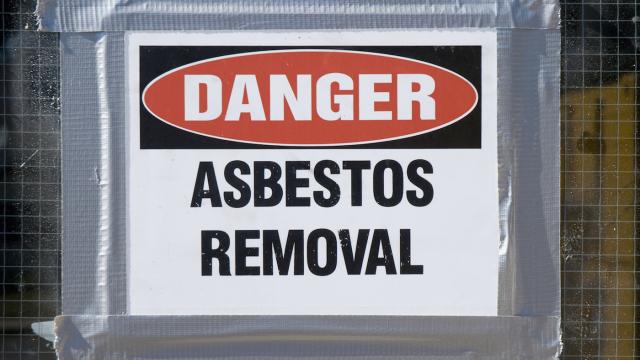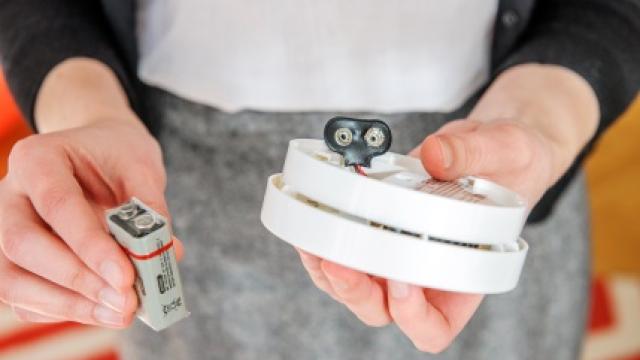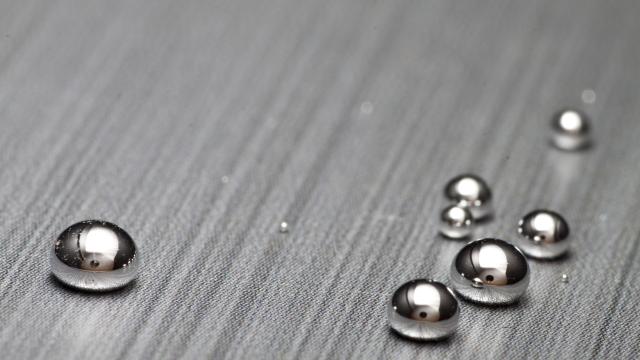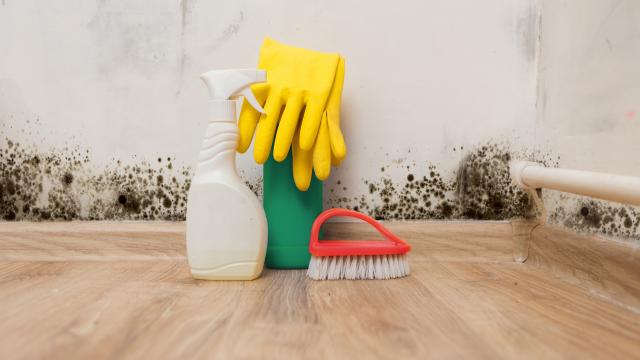Air Quality Issues
Our indoor air quality can be impacted in many ways. Sometimes there are actions we can take to prevent from getting sick, like cleaning our house to remove allergens or checking air advisories to learn when to stay indoors.
Our Breathe Easily fact sheet, P-02166 provides more ideas to protect yourself from common indoor air pollutants.
The special topics page has more information about outdoor air concerns.
Portable air cleaners
Portable air cleaners and/or upgrading the air filter in your furnace or HVAC system can help improve indoor air quality.
The Guide to Air Cleaners in the Home (PDF) contains more information on selecting the right air purifier.
Indoor air quality in schools
Proven Strategies to Improve Indoor Air Quality in Schools (EPA)
Asbestos
Learn how the Wisconsin Asbestos Program helps protect people from exposure to asbestos.
Asthma
Learn about asthma triggers and symptoms. Also, get tips about the best way to manage your asthma.
Carbon Monoxide
In Wisconsin, around 500 people go to the emergency room each year because of carbon monoxide.
Mercury
People mostly come in contact with mercury by eating fish and from spills of small amounts of metallic mercury, such as from a broken thermometer.
Mold
Learn the impact mold exposure can have on health, how to prevent mold growth, and how to fix indoor mold problems.
Radon
About 1 out of 10 homes in Wisconsin has high radon levels.
Sewer Gas
Sewer gas is a complex mix of toxic and nontoxic gases that forms when household and industrial waste decay.
Vapor Intrusion
Vapors from past chemical spills can affect the quality of air you breathe, even indoors.
Outdoor Air Quality and Health
Climate change impacts air quality, creating conditions like warmer temperatures and decreased precipitation that make it easier for outdoor air pollutants to form.
Air Quality Data
We host data on air quality measures that have standard levels defined by the federal government.
Questions?
Can't find what you're looking for? Check out the chemical list or the special topics page. You can also contact us at dhsenvhealth@dhs.wisconsin.gov.










